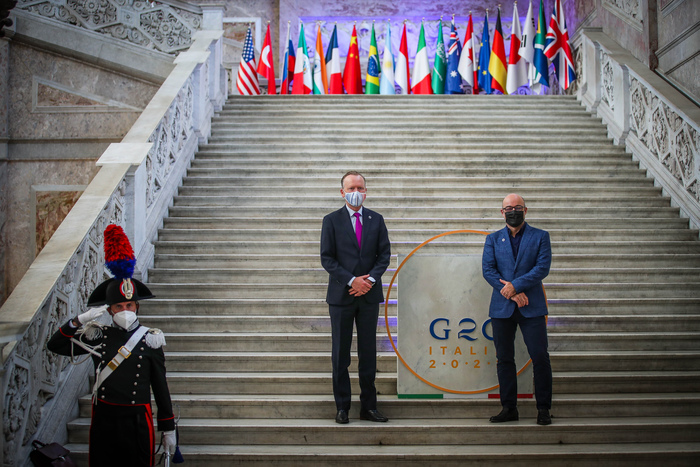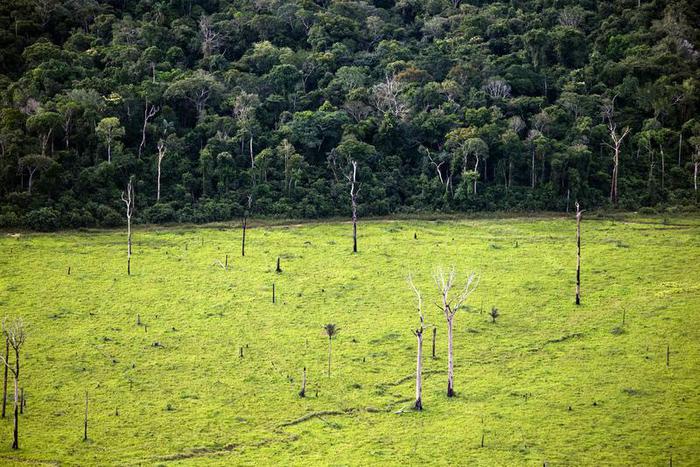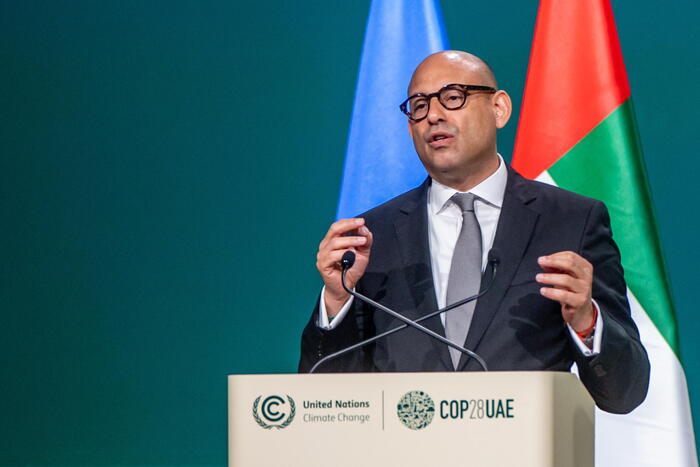The second and last day of the G20 for the environment ministers began this morning in Naples.
After yesterday dedicated to the protection of ecosystems and biodiversity, today the most complex and divisive topics are addressed: climate and energy.
On these issues, the summit records a profound division between the US and Europe on the one hand, China, Russia, emerging economies and oil countries on the other. The United States, the European Union and Great Britain, rich in capital and technologies, would like to accelerate on decarbonisation and the switch to renewable sources, to keep global warming by 2030 within 1.5 degrees of pre-industrial levels. The other G20 countries are holding back on this process: China and India cannot give up fossil fuels to fuel their strong growth, Russia and Saudi Arabia base their economies on hydrocarbons.
Even for the richest countries, getting out of fossil fuels is not an easy process: it takes time and capital to build wind and solar power plants, and rapid decarbonisation risks damaging national industries such as automotive or steel mills.
The story of the yellow vests in France was cited yesterday by the Minister of Ecological Transition Roberto Cingolani as an example of the possible "collateral damage" of decarbonisation: a fuel tax imposed to make people drive less, was seen as a further tax from those who (like French farmers) were forced to use private vehicles and could not afford an electric car.
Then there is the problem of ecological dumping, repeatedly cited by Minister Cingolani: the richest countries can commit to producing steel with clean technologies, but then they risk being subjected to the competition of cheaper steel produced by countries that do not respect sustainability standards.
Cingolani, G20 Environment recognizes the Italian vision
by Stefano Secondino
The first day of the G20 of environment ministers in Naples ends with a success for the Italian presidency. The Minister of Ecological Transition Roberto Cingolani, after months of negotiations, and a night and a day of frenetic filings, manages to get the Venti Grandi to sign a document on the protection of nature that takes up the vision of the Italian PNRR: protection of ecosystems and bidoversity , circular economy, green finance. This was not a foregone conclusion, given the profound differences between countries. But the real game, at the former Bourbon Royal Palace, starts tomorrow. If in the end an agreement can be found on the defense of nature, on climate and energy (the topic of the second and last day of the summit) the road is all uphill. On the one hand there are the USA and Europe, rich and technologically advanced countries,who want to accelerate on renewables, and especially on the disincentives to fossil fuels. On the other hand, there are emerging countries such as China and India, or those that rely on hydrocarbons such as Russia and Saudi Arabia, which do not want or cannot give up on gas and oil. As Minister Cingolani commented at the end of the day, "everyone agrees on the decarbonisation targets, not everyone agrees on the times and ways to get there". Today, however, the minister is enjoying the success of his mediation work. The final communiqué of the first day of the G20 Environment, he explains, "is particularly ambitious and identifies 10 lines of action that reflect the vision of the Italian Pnrr: natural solutions for the climate, fight against soil degradation, food security, sustainable use of water. ,protection of the oceans, fight against plastic in the sea, sustainable and circular use of resources, sustainable cities, education, green finance. It is the first time that these categories have been recognized by the G20 and become binding. "For Cingolani, the funds for the post-pandemic represent an excellent opportunity to" imagine new and better ways of organizing our societies. "Then the minister reiterates some points dear to him: "We must increase the contributions for decarbonisation to developing countries. The Paris Agreement provides for a 100 million dollar fund, but we have only reached 60 ". According to the minister," green finance must move in this direction. It is not just a question of money, but also of the transfer of technologies.Some players could let certain technologies be used for free for a certain time. "And then there is the issue of ecological dumping: Europe can invest a lot to produce in a sustainable way, but then it risks suffering competition from low-cost products. countries that do not respect environmental standards. "Europe makes huge investments to decarbonise - he explains -, but it produces only 9% of CO2. He has excellent leadership in the effort, but that's not enough. If other countries do not join, their emissions compensate for our cuts, the system jumps, and in the meantime we have fainted. "But not only:" I think we have to offset the increases due to the ecological transition on the bills, because people don't take it with the transition. You saw what happened in France with the yellow vests.In Italy we would like to have a more sustainable solution. "This morning the Italian minister met with the climate envoy of the US president, John Kerry. This explained that, according to American projections, if emissions are gradually reduced, it will not be possible to reach the targets of the Paris Agreement by 2050. "But if we give a strong acceleration in this first decade, until 2030 - explains Cingolani - then we can stay below 1.5 degrees." The United States and Italy agree on the need to give this acceleration. But other large countries, probably not. "To say that everything must be played in this decade, and that we must all remain united, is a big problem to negotiate at the G20", concludes the minister. Tomorrow we will see how it goes to finish.





/cloudfront-eu-central-1.images.arcpublishing.com/prisa/PG4GECV3INFWFFFIKTU46IDSQQ.png)


